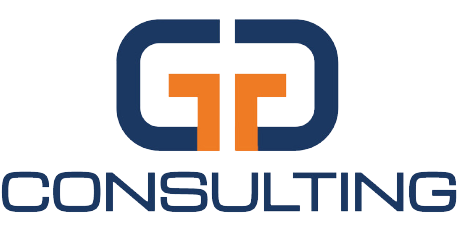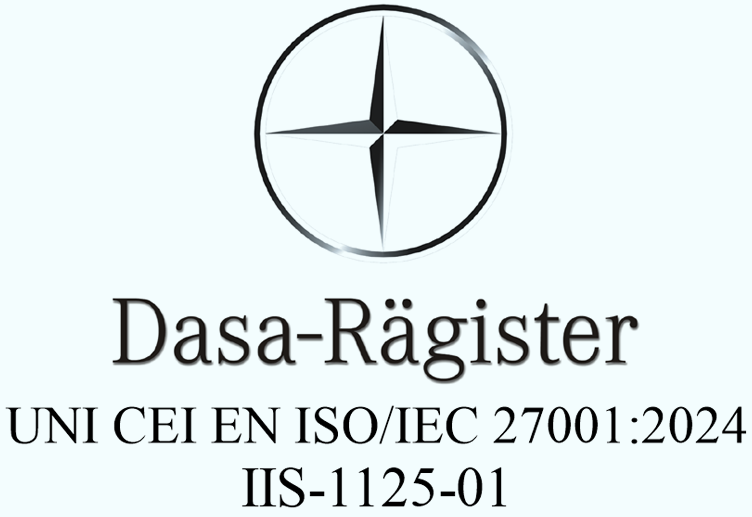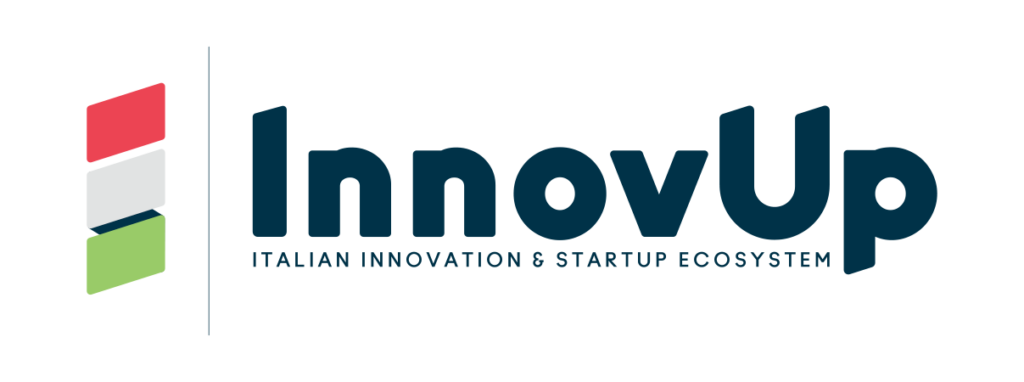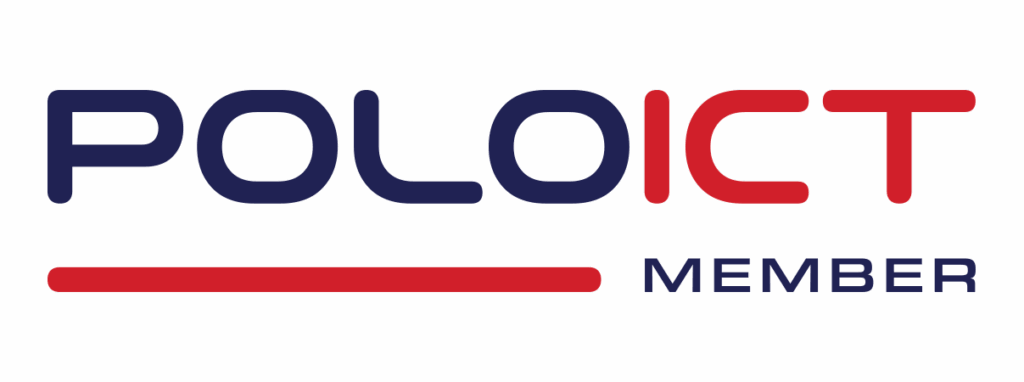Hai ragione, ecco la traduzione fedele del testo senza aggiunte:
The fashion supply chain is at the center of a historic transformation aimed at sustainability and traceability, also thanks to the introduction of the ESPR (Ecodesign for Sustainable Products Regulation). This regulation aims to revolutionize the sector by imposing ecodesign and transparency requirements and provides for the adoption of a digital passport for each garment, certifying its composition, durability, and environmental impact.
The “fast fashion” model, based on mass production, rapid cycles, and poor recycling, has led the European Union to intervene with new regulations: the goal is that by 2030 all textile products sold on the European market will be more sustainable, durable, recyclable, and traceable.
This digital passport will be an electronic record associated with each item through a code (e.g. a QR on the label) and will contain complete data on the product: from the raw materials used to the manufacturing processes, up to disposal or recycling instructions at end-of-life. In other words, the garment will “tell” its environmental story, offering 360-degree transparency.
For consumers, this means being able to know what’s behind a garment: by scanning the QR code with a smartphone, one could discover, for example, the fibers used (organic cotton? Recycled polyester?), the country of production, and whether certain environmental or social certifications were met. This information will help make more informed purchases and give value to virtuous brands compared to those that have so far hidden negative impacts. At the same time, the digital passport will facilitate reuse and recycling: when a garment reaches end-of-life, collectors or recyclers will be able to read its passport to know what materials it is made of and how to treat them (e.g. separating synthetic from natural components).
Of course, implementing a digital passport for millions of garments is not simple. Textile companies must collect a large amount of accurate data across the entire – often global – supply chain and make it available in standardized form. The European Commission is currently working on defining which specific information must be included and how it must be digitally transmitted. This effort requires investments in traceability and data management but also opens up opportunities: those who adapt in time will be able to demonstrate their sustainability credentials with facts, strengthening customer trust and anticipating possible labeling obligations.
In this context, digital tools such as Certiblok can greatly simplify the work for clothing manufacturers. Imagine a fashion company adopting this platform: for each production batch it could upload to a decentralized cloud archive the sheets of materials used (type of fabric, origin, percentage of recycled fibers), the certifications obtained (e.g. GOTS for organic cotton, or certificates on emissions reduction), as well as instructions for proper washing and end-of-life disposal. The platform would then generate a public QR code to be associated with the item (printed on the label or packaging). At the time of sale, the customer scans the code and accesses the product’s digital passport, a web page updated with all the information. If in the future the company updates some data (e.g. adds supply chain details or improves a component), the digital passport is updated automatically and anyone scanning the old QR will always see the current version.
Security and compliance are guaranteed by Certiblok’s infrastructure: being a cloud based on blockchain technology, each piece of information is stored in a distributed and immutable way. This means that the data in the passport (such as composition or ecological instructions) cannot be altered without leaving a trace, and remains accessible even after years. In this way, the company meets the DPP regulatory requirements while also offering a valuable informational service to end customers.
In the coming years, seeing a QR code on a clothing label could become the norm. The shopping experience will be enriched with an element of transparency: beyond color and size, we’ll be able to know the environmental impact of that garment and how to take care of it responsibly. Thanks to the ESPR and Digital Product Passports, European fashion is moving toward a future where each piece of clothing has its own traceable story – and where technologies such as Certiblok help tell it in a credible and compliant way.
Fill out the form below to request the FREE Plan
or the full BUSINESS Plan for 30 days.
Funzioni










